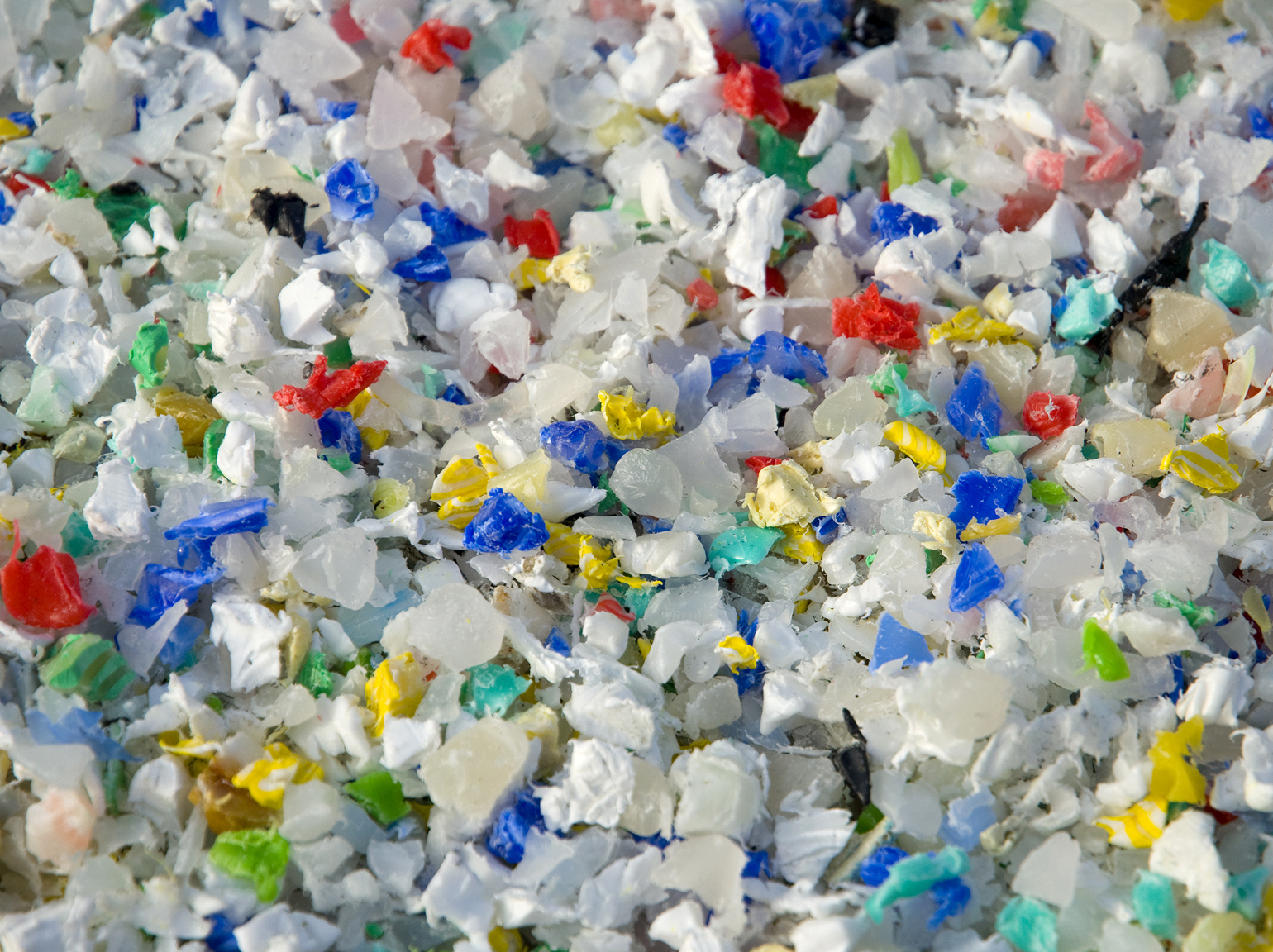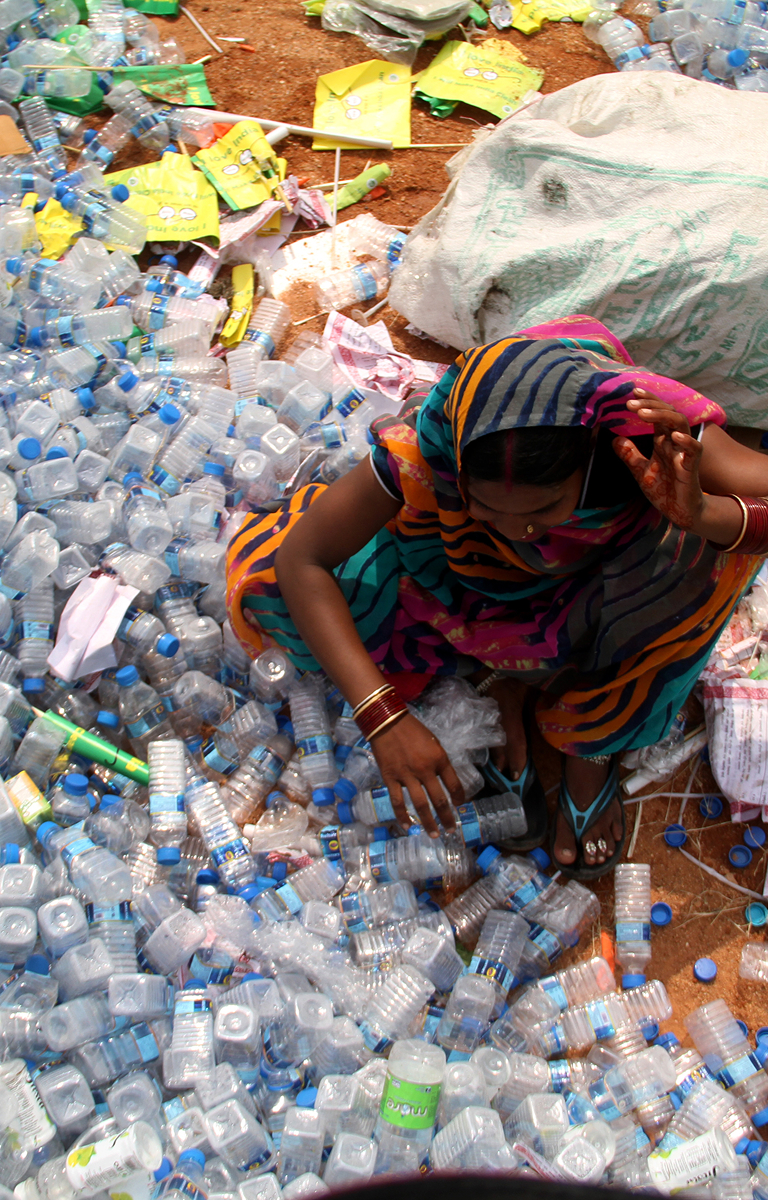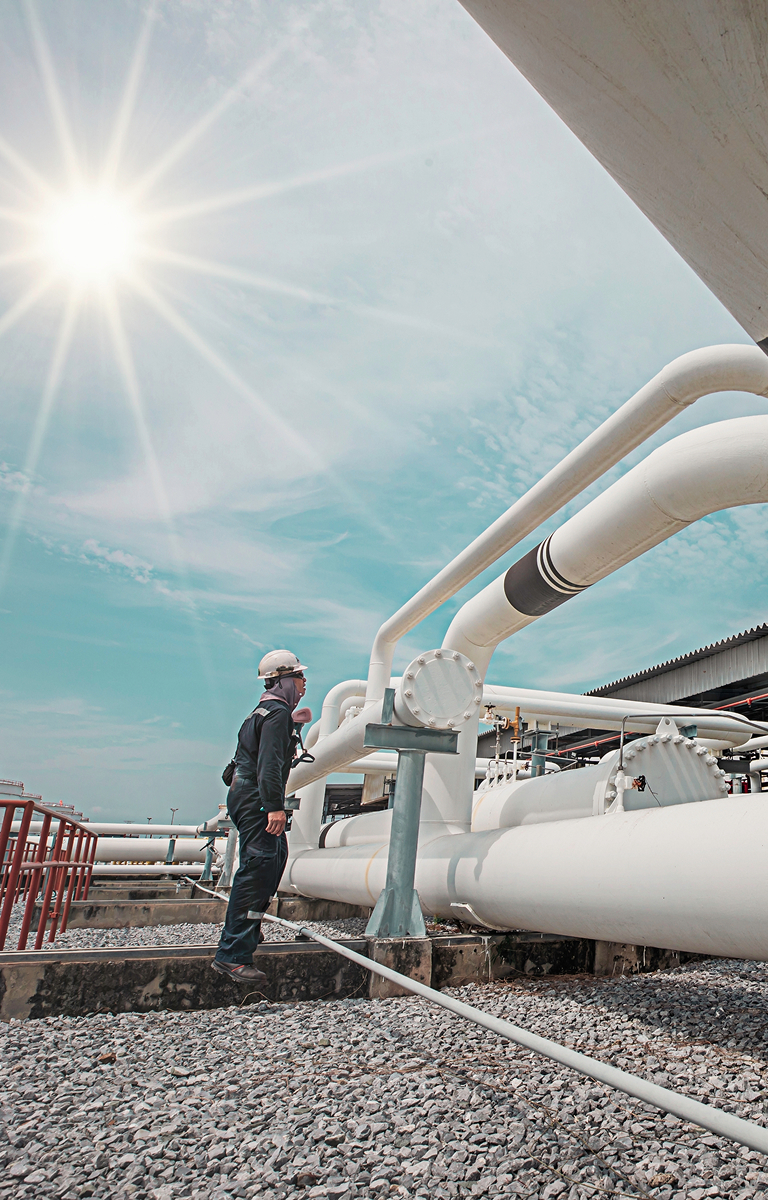
Addressing chemical and materials industry issues
Discovering cross-disciplinary solutions and designing roadmaps to guide the transition to a net-zero emissions future that is economically profitable, nature- and people-positive.
Goals and objectives

To address the fundamental questions that underpin the CMI transition to net zero.

To establish close collaboration across CMI companies to pursue use-inspired research and guide action toward a net-zero future

To prepare undergraduate students, graduate students and practicing professionals for the needs of a changing workforce and a net-zero future for CMI.